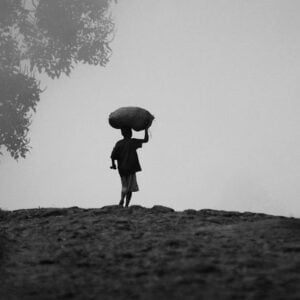Russia’s Prosecutor General has declared the Swiss-based International Baccalaureate (IB) an “undesirable organisation,” accusing it of promoting Russophobia and “non-traditional values.” The decision, announced on August 25, just days before the new academic year, effectively bans the IB from operating in Russia and prevents students from obtaining international diplomas that previously offered access to top universities worldwide. The IB, headquartered in Geneva, insists its programmes are designed solely to raise education standards, not to promote politics.
The Prosecutor General’s Office accused the IB of “shaping Russian youth according to Western templates,” distorting history, spreading anti-Russian propaganda, and inciting ethnic hatred. With the designation of “undesirable organisation,” the IB’s activities are now considered a threat to state security, defence, and the constitutional order, carrying severe administrative and criminal penalties. As of August 2025, 29 Russian schools offered IB programmes, including the prestigious Letovo School near Moscow, which has ranked among the best in the world based on IB results.
The day after the ban, most Russian IB schools began urgently terminating their contracts with the organization. This move follows a year of inspections of IB schools by regional prosecutors and Rosobrnadzor, Russia’s education watchdog, reportedly pushed by Deputy Speaker of the State Duma Anna Kuznetsova and Kremlin allies such as Konstantin Malofeev and Maria Lvova-Belova, who is facing an International Criminal Court warrant over the deportation of Ukrainian children. Teachers and administrators faced multiple investigations, particularly at elite schools like Letovo.
The crackdown has also affected families of Russian elites, as children of high-ranking officials—including Moscow region governor Andrey Vorobyov and Rosneft CEO Igor Sechin—had been enrolled in IB schools until recently. Despite the government’s accusations, the IB stressed that it remains an apolitical educational body, working with schools globally, even in politically unstable or conflict-affected regions.
Educators argue that the real issue lies in the teaching of history, as the IB curriculum diverges from state-approved narratives. Teachers believe this clash made IB unacceptable to the authorities. Critics warn that students will be the primary victims, forced either to abandon IB studies in favor of Russia’s Unified State Exam or to continue their education abroad, leaving classmates and teachers behind. Many IB teachers are also expected to leave Russia or adapt to the new restrictions.
The ban on the IB is part of a broader trend of educational and cultural isolation in Russia. In recent months, authorities have also blacklisted institutions such as Yale University, accusing them of preparing opposition leaders under the guise of global leadership programs. Observers warn that these moves deepen Russia’s self-imposed isolation, with long-term consequences for its youth, education system, and global integration.






